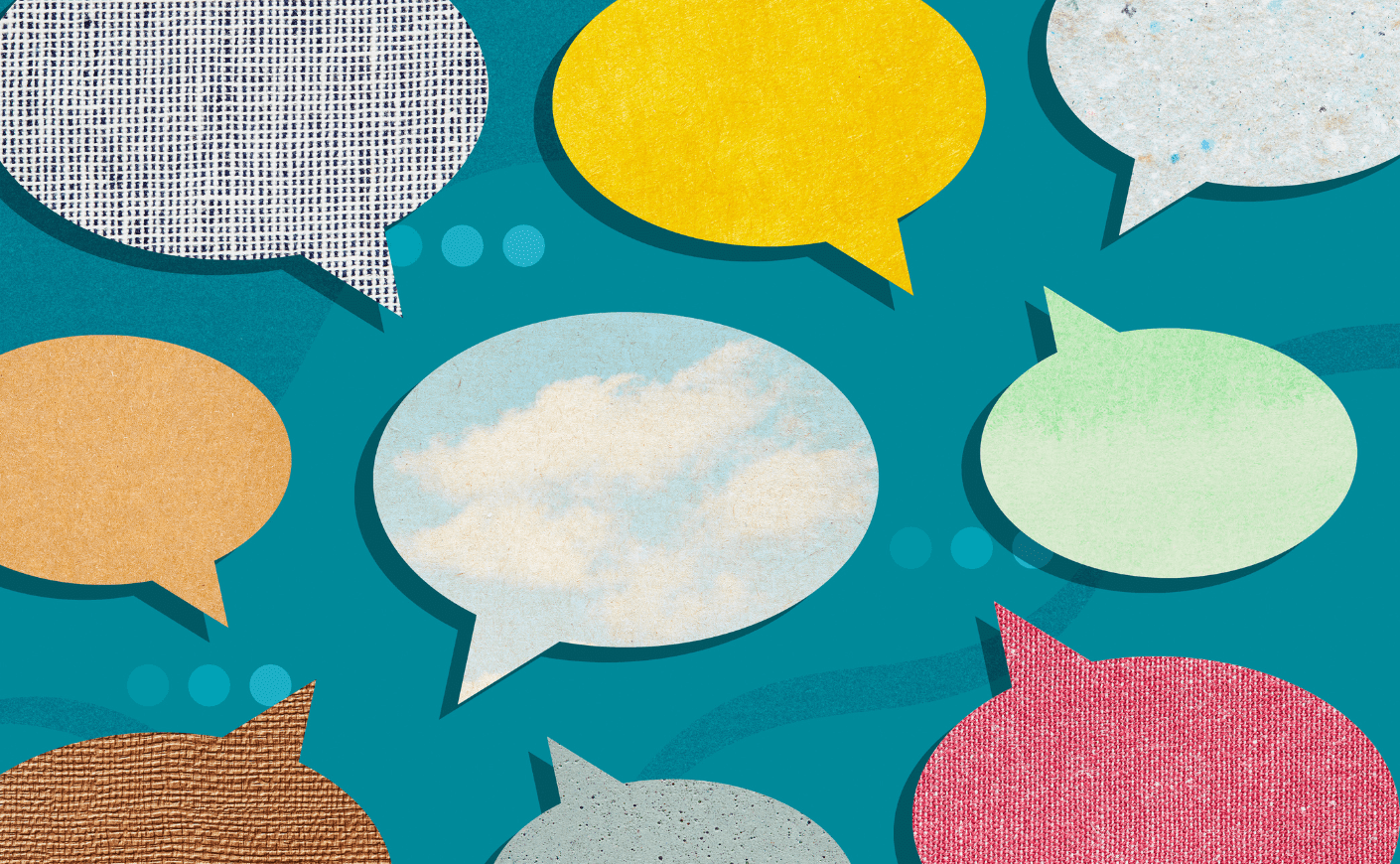Over and over, I’ve found that the right aphorism, invoked at the right time, can help me manage the complexities of life. For instance, when I was trying to decide whether my family should get a dog, the pros and cons lists seemed to be equally balanced, and I couldn’t make up my mind. Finally I remembered, “Choose the bigger life” — and the decision became easy. We got a dog.
Because of my respect for aphorisms, I’m always searching for more. My bookshelves are crowded with masterpieces of philosophy and literature that are largely collections of aphorisms, such as Confucius’s Analects, Lao-tzu’s Tao-te Ching, Marcus Aurelius’s Meditations, Blaise Pascal’s Pensées, and Georg Christoph Lichtenberg’s The Waste Books. Over the years, I’ve collected hundreds of my favorite aphorisms.
These days, the aphorism is a mostly neglected art — though sometimes it pops up in its lesser forms, like the self-improvement cliché on social media or the office poster’s reminder about the value of teamwork. This ancient discipline, however, still has tremendous power to communicate.
Because aphorisms are short and well-expressed, they’re easy to remember and have more vigor in the mind.
Because we must decide whether we agree or disagree, aphorisms provoke our reflection. We can also compare how different aphorists express a similar idea, as they often do, or contemplate how they contradict each other. For instance, Publilius Syrus observed, “No man is happy who does not think himself so,” while Vauvenargues wrote, “There are men who are happy without knowing it.”
The discipline of the aphorism forces precision of thinking. In my own writing, I’ve found that I can express a big idea in a few words only if I truly understand what I’m trying to say. And, as demonstrated by the haiku, the sonnet, and the thirty-minute sitcom, imagination is often better served by constraint than by freedom. For the reader, then, fewer words supply greater wisdom; for the aphorist, brevity sparks creativity.
In my new book Secrets of Adulthood, I’ve included those bits of wisdom that I hope will help others navigate adulthood — both people who are just entering adulthood and also people who, like me, are often surprised to realize, “Yikes, I’m a grown-up. What now?” Sometimes, a single sentence can provide all the insight we need.
The Challenge of Love & Relationships
Ancient philosophers and contemporary scientists agree that a key — perhaps the key — to happiness is strong relationships with other people. We need enduring, intimate bonds; we need to feel like we belong; we need to be able to confide; we need to be able to get and give support.
Because relationships are so essential to a happy life, any choice that deepens or broadens relationships tends to make us happier. As we find our place among others, we have to recognize that people may hold different preferences, need different strategies, and express different perspectives from our own. When we don’t understand how people can be different, we can feel hurt, puzzled, resentful, or angry that they don’t see things our way. Or we can feel discouraged or frustrated with ourselves, when we can’t do things someone else’s way. With self-knowledge, we gain compassion for others — and also for ourselves.
To help make that exploration easier, here are some of my favorite aphorisms about love and relationships:
Love is unconditional, and love is demanding.
Singer-songwriter Rosanne Cash tells the story of a time she was in Nashville with her husband and professional collaborator, the producer and musician John Leventhal. Rosanne did a guest session on another band’s album; John came to the recording. After the session, he didn’t say anything about her performance, so Rosanne asked, “How did you like it?”
He answered, “I would have pushed you harder.”
Love says, “You’re the best,” and love says, “You can do better.” Love accepts you just as you are, and love expects the best from you.
We make people happier by acknowledging that they’re not feeling happy. When someone is feeling bad, we want to help them feel better. One strategy that’s popular — but not very effective — is to deny their feelings: “It can’t really be so bad.” “This will pass in no time.” In fact, it’s far more effective to acknowledge that someone is feeling bad. When we say, “That must be frightening” or “It sounds like a really frustrating experience,” we help them to feel understood.
We care for many people we don’t particularly care for.
We can’t change our children’s natures by nagging them or signing them up for classes.
In families, we meet people we’d never otherwise encounter.
At some point, a parent must shift from coach to cheerleader.
Sartre wrote, “Hell is other people!” True. And Heaven is other people.
One way to thwart a conversation is to refuse to answer. Another way is to talk and talk.
We can’t make people change. But when we change, our relationships change — and so others may also change.
Easy children raise good parents.
Intellectual engagement can be more exciting than emotional engagement, yet these aren’t the people whom we yearn for on our deathbeds.
This is an excerpt from The Secrets of Adulthood, reprinted with permission from Crown Publishing. Gretchen Rubin is the author of numerous best-selling books, including The Happiness Project, Better Than Before, and The Four Tendencies. Her most recent book is Life in Five Senses: How Exploring the Senses Got Me Out of My Head and Into the World. She is also the host of the podcast Happier With Gretchen Rubin and the creator of the award-winning Happier app, which helps people track their happiness-boosting habits. She lives in New York City.









